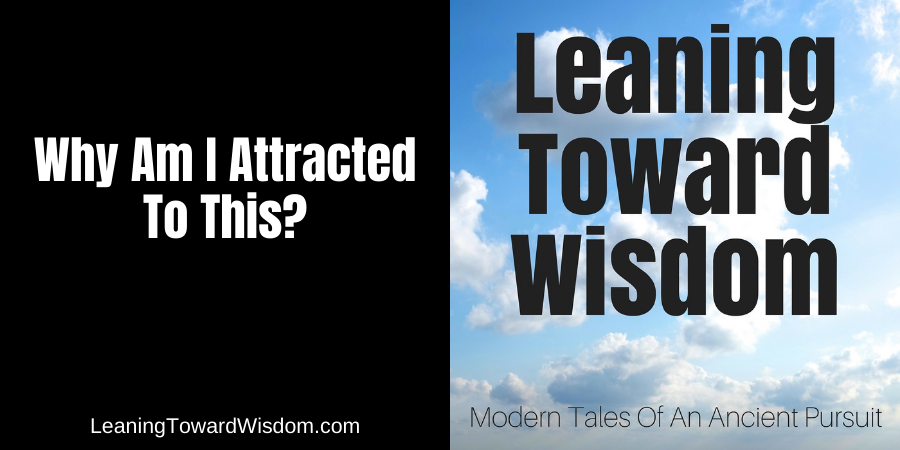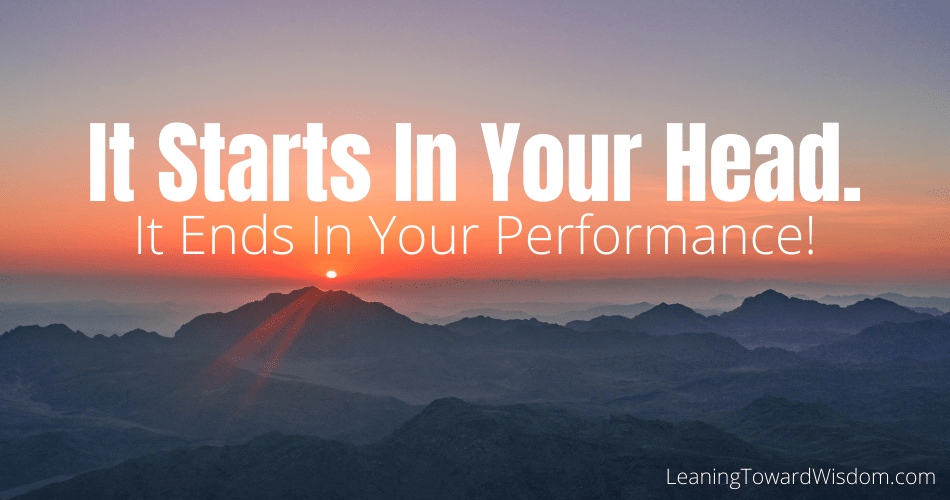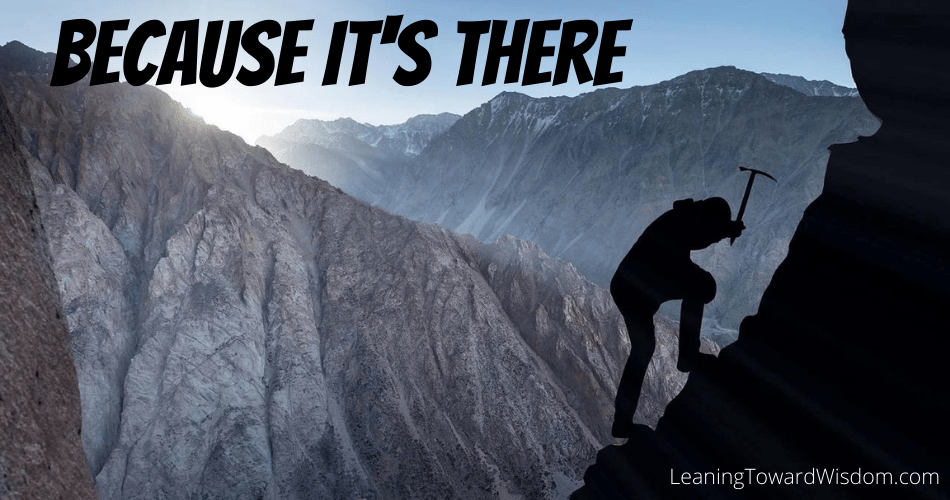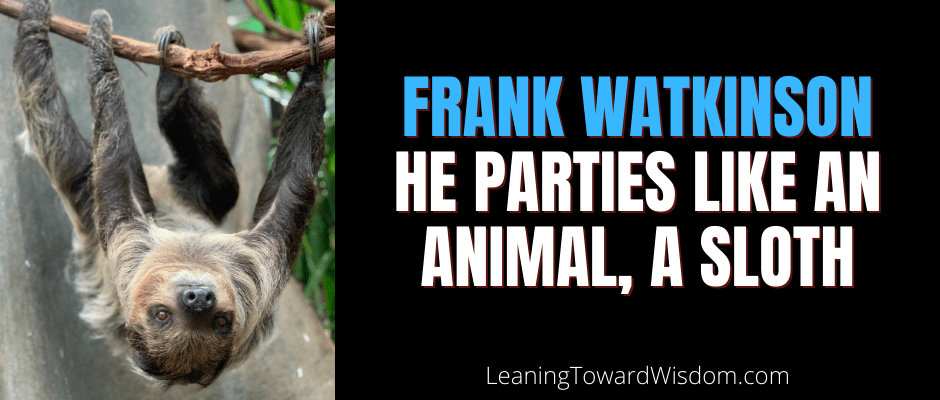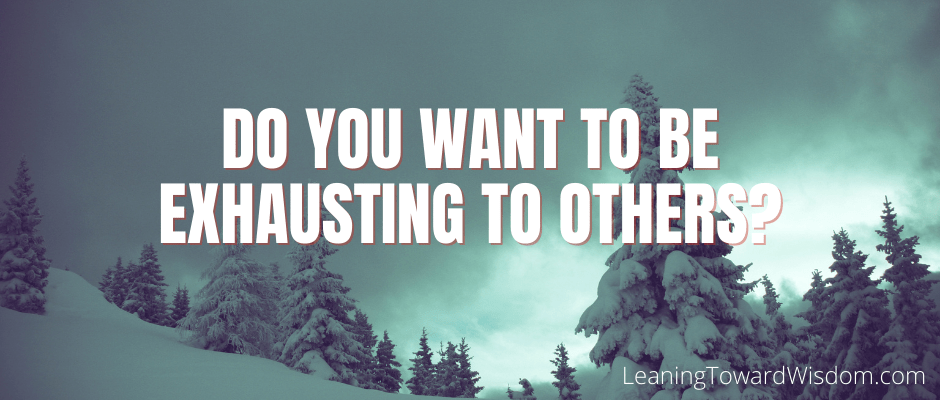Why Am I Attracted To This?
Podcast: Play in new window | Download (Duration: 55:21 — 50.7MB)
Subscribe: Apple Podcasts | Spotify | iHeartRadio | Email | RSS | More
Selfishness.
It’s in all of us.
Some of us surrender to it.
Some of us battle against it.
Still, selfishness wins more than it should.
Young. Old. Guys. Gals. Doesn’t matter. Selfishness isn’t the sole domain of kids. Or old folks. We’re all smitten with it.
It’s why the Lord told people who would follow Him and become disciples that unless they surrendered their own self-will, they couldn’t be his disciples. Matthew 16:24 “Then Jesus said to His disciples, “If anyone desires to come after Me, let him deny himself, and take up his cross, and follow Me.” That proverbial cross we must take up, if we’re going to be Christians, is the cross of self-denial. It’s not some special, unique-only-to-me sacrifice. It’s the universal sacrifice required of anybody who would love God and obey Him. And it’s not easy. Worth it? Of course. But not easy.
I’m a big fan of young people. And kids. Children.
Even though I’m now old I can remember being a kid. I’m empathetic with the challenges and struggles. Life goes from playing with Matchbox cars as a little kid to being a teenager struggling to figure out, “Now what?” The smallest things can seem enormous. A test. Homework. That girl I’m interested in. Youth – like age – is filled with drama. And largely because of our focus. On ourselves. It happens when we become the center of the Universe.
So many pains stem from our self-centeredness you’d think we’d more easily (and quickly) learn. But the curse of selfishness – in part – is that it perpetuates itself and grows the more we attempt to feed it. Trust me, your selfishness isn’t any different from mine. It knows no bounds! There are always new heights – or depths – to our selfishness.
It’s deadly because it doesn’t feel dangerous. It doesn’t seem like selfishness. To be self-focused and concerned mostly with ourselves doesn’t feel the same as being selfish. We don’t think of it like that either. Until we step back and start to closely examine it.
Why am I attracted to this?
Why am I attracted to this friend?
Why am I attracted to this behavior or activity?
The scripture is filled with the admonition to guard one’s heart – that is, to protect your mind. We do that partly by concerning ourselves with the people in our life. The people we associate with matter.
In Proverbs 13:20, Solomon wrote: “He that walketh with wise men shall be wise: but a companion of fools shall be destroyed.”
Those are divinely inspired (God-breathed) words, but mortal men have picked up on the truth of it.
“Show me your friends and I’ll show you your future.”
“Your life is determined by whom surrounds you.”
“You are the average of the five people you spend the most time with.”
Our companions matter. But so do the activities we engage in most. So do the decisions we consistently make.
That’s why I jotted down the question…
Why am I attracted to this?
I’m not using attraction in the sense of somebody who may catch our romantic eye, although I’m not excluding that either. I’m using it in the broader sense of things we prefer. It includes people, friends, acquaintances, choices, decisions, actions, activities, and viewpoints. Honestly, it includes EVERYTHING we like or prefer.
Some people – and things – are destructive.
Other things – and people – aren’t.
Still other people and things might be destructive under the right conditions.
Food, for instance, isn’t destructive. It’s vital. Without it, we die. But it can become destructive when we select the wrong kinds of food – and in the wrong quantities. Gluttony is sinful and destructive to our health. Fasting, depriving ourselves of food for a period of time, can be beneficial. But we must have food in order to live.
Smoking is destructive. Period. Under no circumstances is it good for us. Unlike food, it’s always destructive.
Marital fidelity is always wise and good. Period. Under no circumstances is marital infidelity good. Being true to our marriage vows is always good. I’m not saying all marriages are good, but betraying our marriage vows never makes a bad marriage better. Some things are simply right – and good. Others aren’t. And then some things – like my food example – can be good or bad depending on the context.
I’m fascinated by the people, things, and situations that we find attractive. In previous episodes, I’ve talked about those folks who love to climb mountains. Not only am I not attracted to it, I’m afraid of it. So it goes. We’re not all the same.
Whenever I encounter somebody who loves or is attracted to something I’m not, I’m inquisitive to find out what exactly do they find attractive. A young lady finds a young man attractive. I think he looks quite dangerous. She can’t explain why she finds him attractive. The more we talk, the more I urge her to quantify it if she can. Turns out the thing I see, she sees. He looks dangerous. I don’t happen to find danger attractive. She does! Well, okay, then.
I’ve recently been having a few technical issues here Inside The Yellow Studio. Most notably with my 2014 Apple 27″ iMac. Almost 8 years ago it was state-of-the-art. An Intel i7 quad-core processor with lots of RAM and a 1TB hard drive…it was quite the machine back in the day. But that was then, this is now. I bought the very first Mac computer in 1984. It was over $3,000 and it didn’t even have a hard drive built in. I’ve been leaning on Apple Mac computers ever since.
But I have friends who would not give Apple one dollar. Not for an iPhone, which I’m also a fan of, or an iPad (which I also own) or an Apple Mac – which I’m clearly fond of. They’re repulsed by things I find extraordinarily attractive. Sometimes I’ll waste my breath talking to them about the Apple Mac ecosystem that I’ve been part of for almost 4 decades. All that software I’ve come to rely on – software I wouldn’t want to ditch and replace with Windows-based software. I may waste time telling them how reliant on Apple iTunes I am for my music library – a library I can access on my phone any time I want.
They’ll likely tell me how stupid I am for paying the “Apple tax” – that premium price tag required by most things with the Apple logo. But like my current 27″ iMac, I’ve almost always gained a lot of years of great use from Apple products. Just months ago I had to abandon my longtime iPhone 6 Plus (circa fall of 2014) in favor of a newer iPhone 13 mini. Seven plus years out of a phone or a computer isn’t anything to sneeze at, but the point is – I find Apple products attractive. So much so, I’m willing to invest premium money into them expecting they’ll last me years!
Gamer friends wouldn’t be caught dead lusting for an Apple computer. Even though I’m not a gamer, I understand. It’s not Apple’s strength. Fact is, it’s a weakness, but it doesn’t seem to be Apple’s target market. Gamers are going to lust after other machines with names like Alienware, Corsair or Republic of Gamers (ROG). I get it.
Is that selfish? Not really. It’s self-interest. Which is okay in this context. We’re talking about people buying whatever tech best suits them…or to which they’re most attracted.
Here’s what is selfish – a husband, a dad, who buys a $7,000 gaming computer and monitor set up when $7,000 represents a big investment for his family. It’s not the technology at fault, but rather the selfish behavior of lavishing something on yourself that’s beyond what you and your family can afford.
That’s where this whole notion of what we find attractive got my mind reeling as I observed decisions that just seemed idiotic. And as I reviewed some decisions I’ve made that were equally moronic. And all of them are made for the same reason – because we want what we want.
Through the years I’ve spent countless hours with young people talking with them about their challenges, difficulties and opportunities. Every young person suffers the same thing – just like we did when we were young – self-centeredness. When we’re kids it’s all about us. Our perspective is self-focused. Life, experience, parents and others influence us – teach us – that we’re not the center of the universe. For some of us, it’s the biggest disappointment of our life – learning that we’re NOT the focal point of everything! 😀
One man’s ceiling is another man’s floor.
It was a song by Paul Simon on his 1973 album, There Goes Rhymin’ Simon. It was my first time hearing that statement. It struck me because it’s so true.
So let’s see if we can figure out a few things. Or not. I’m figuring together we can do much more than if we go it alone!

Why Am I Attracted To This? Read More »
